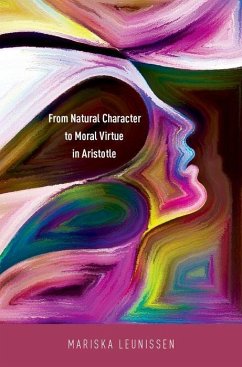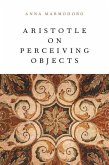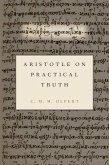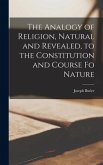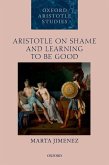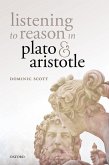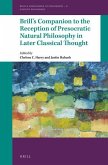From Natural Character to Moral Virtue in Aristotle discusses Aristotle's biological views about character and the importance of what he calls 'natural character traits' for the development of moral virtue as presented in his ethical treatises. The aim is to provide a new, comprehensive account of the physiological underpinnings of moral development and thereby to show, first, that Aristotle's ethical theories do not exhaust his views about character as has traditionally been assumed, and, second, that his treatment of natural character in the biological treatises provides the conceptual and ideological foundation for his views about habituation as developed in his ethics. Author Mariska Leunissen takes seriously Aristotle's--often ignored--claim that nature is one of the factors through which men become 'good and capable of fine deeds'. Part I ('The Physiology of Natural Character') analyzes, in three chapters, Aristotle's notion of natural character as it is developed in the biological treatises and its role in moral development, especially as it affects women and certain 'barbarians'-groups who are typically left out of accounts of Aristotle's ethics. Leunissen also discuss its relevance for our understanding of physiognomical ideas in Aristotle. Part II ('The Physiology of Moral Development) explores the psychophysical changes in body and soul one is required to undergo in the process of acquiring moral virtues. It includes a discussion of Aristotle's eugenic views, of his identification of habituation as a form of human perfection, and of his claims about the moral deficiencies of women that link them to his beliefs about their biological imperfections.
Bitte wählen Sie Ihr Anliegen aus.
Rechnungen
Retourenschein anfordern
Bestellstatus
Storno

